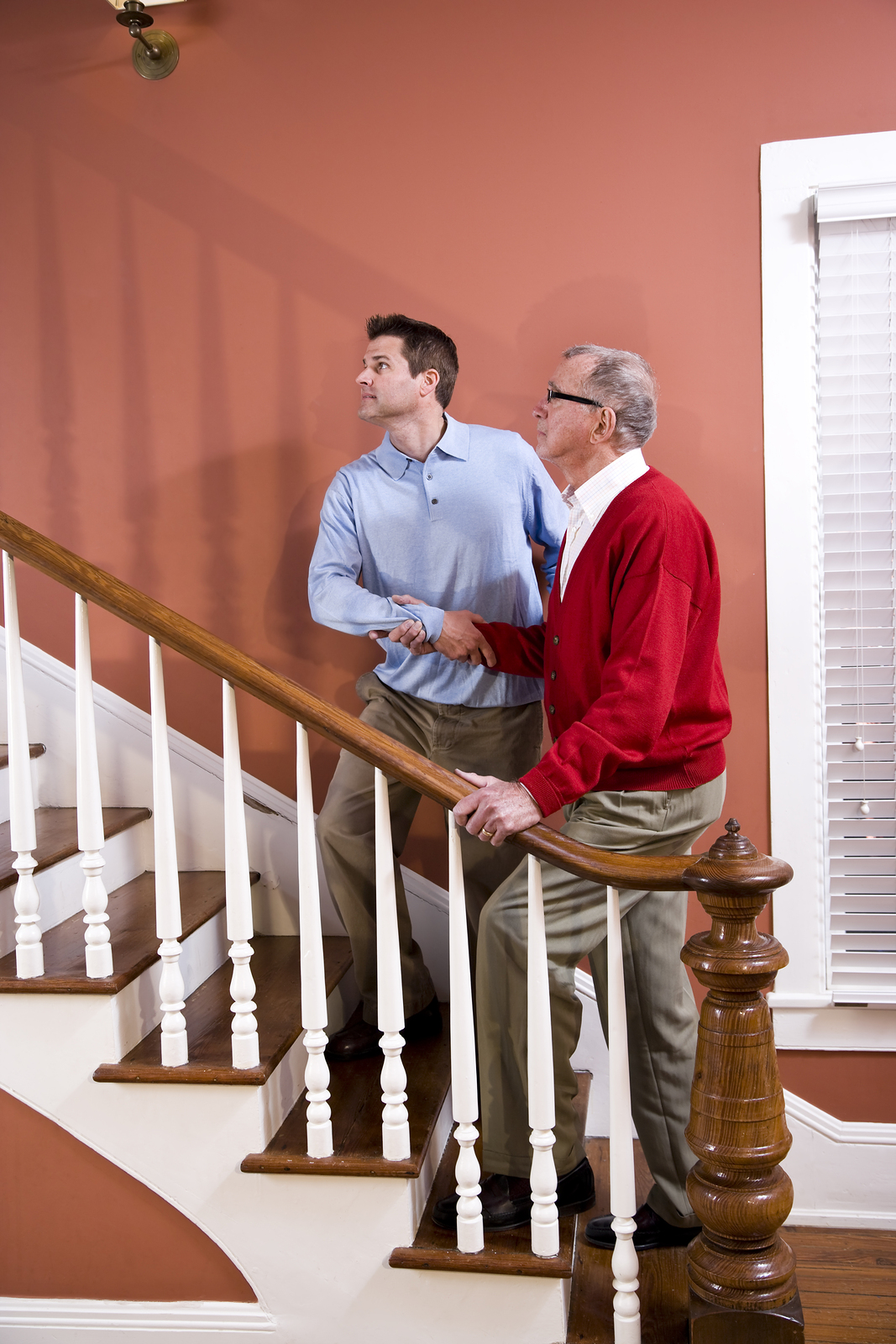Large Firm Service. Small Firm Attention.

SHARE
When To Move A Parent Into An Assisted Living Facility
Published April 26, 2016
When an aging parent needs help with activities of daily living, because of dementia or another condition, making the decision about a transition to assisted living or a skilled nursing facility can be very difficult. Both physical limitations and mental deterioration can come on slowly, and it can be hard for a close family member to judge how much has changed. There is also often a psychological obstacle to stepping in to make decisions for one’s elders. However, the decision is ultimately about the health and safety of the senior, and it is important not to ignore warning signs that help is needed.

One approach to making this important decision is to run through the following checklist, which touches on the senior’s health status, medical needs and housing situation. Wherever potentially dangerous situations are revealed, some changes need to be made. The nature of the specific issue will help determine whether what is needed is a change within the home or a move to assisted living or a nursing facility.
- Does your parent forget to take needed medications? Are they taking the correct dose at the right times?
- Is your parent able to shop, cook and clean on their own?
- Are your parent’s bathing and grooming habits normal?
- Is your parent vulnerable to telephone or Internet scams or unscrupulous salespeople or money managers?
- Is your parent able to pay bills and otherwise manage money properly?
- Does your parent experience social isolation? Are there friends or other family members who visit?
- Is there a plan for your parent to follow in case of an emergency?
- If your parent is driving, are they able to do so safely? If not, are other means of transportation available?
- Can your parent operate home appliances safely? Is there a danger of burns, leaving the stove on or other hazards?
- Has your parent fallen? Are there bruises that your parent cannot explain adequately?
- If your parent’s home has stairs, can they navigate them safely? Are grab bars, ramps or other safety measures needed?
Addressing these kinds of concerns can be emotional and difficult, but there is no better way to care for your parent than to protect their health and safety.
Learn more about our services by visiting www.littmankrooks.com or www.elderlawnewyork.com.
Was this article of interest to you? If so, please LIKE our Facebook Page by clicking here.
Categories
Recent Posts
Explore In-Depth

Corporate & Securities

Elder Law & Estate Planning

Special Needs Planning

Special Education Advocacy


















